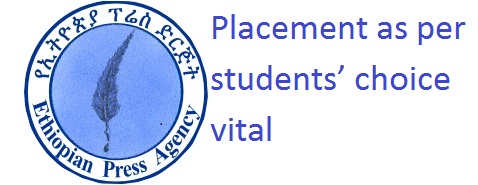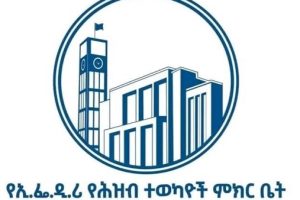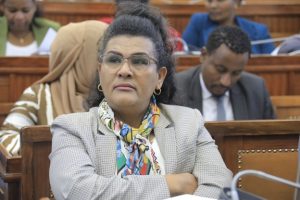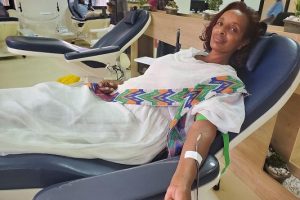
Ethiopia has shown a palpable progress in rippling higher education institutions across the country. Several universities have mushroomed nationwide. Those universities have been catering to the education demand of citizens. However, there are chasms in creating employment opportunities for graduates. Plenty of factors are ascribable to the problem. Improper deparment placement of students is among the setbacks.
As a result, many Ethiopian universitiy graduates have been facing unemployment. Yohanis Belay, who graduated in veterinary medicine, is leading a life of the unemployed in Addis Ababa because he was placed in a department that was a far cry from his choice. “I want to study pharmastical medicine. But they placed me in veterinary medicine department which is the farthest thing from my favorite list.
As I had no choice, I graduated in veterinary medicine. However, I could not get a job,’’ he says, adding: ‘‘I started to work in rural areas of the country. But the modest salary could not allow me cope up with the expenses for daily consumption. Thus, I was obliged to abandon it and return back to my hometown Addis Ababa.’’
He adds that had he been placed in the department of his choice, apart from standing on his feet, he could have contributed a lot to his family and nation. Besides, he would not become an addict and a burden to the society. “As an option, I thought to pursue my education enrolling in private colleges in Addis. But the fee was too high to pay. Hence, I couldn’t realize my dream of being a pharmacist. I regret not to able to contribute for my country qualifying in the profession I love.
Moreover, I have been subjected to different health problems,’’ he states. Placing students based on their preference and their health condition should be given priority, Yohannes insistes. ‘‘As far as I am concerned, I would have been effective, if I had gotten the chance of studying a field of my choice. Every student would be successful if s/he is placed in a department s/he chooses.’’
Wondimu Fantahun, Graduate of Forestry from Gambela University for his part says the incongruity of student’s interest and their placement has been affecting their future life. ‘‘I was not happy when I learnt my placement in forestry field, while my dream was to be an engineer. I couldn’t be able to work in the field I graduated with due to workplace remoteness and other factors. I always feel sad for not being lucky to exploit my talent,’’ he points out.
He admits that the mismatch of the student’s interest and the actual placement has caused graduates to lose hope in their life and many of them have been taken adrift into addiction. ‘‘Nowadays, we can see young university graduates who spend their golden time chewing khat. Due to this reason, several of them have been confronted by health problems. This could affect the socio-economy of the nation since it is losing a productive labor force.
Hence, the government should give attention for this issue,’’ Wondimu notes. Nevertheless, the National Educational Assessment and Examinations Agency (NEAEA) said department placement will be undertaken based on the interest of students. NEAEA Deputy Director General Zerihun Duressa (PhD) insists that the government has identified the problem and it has been working to address it. ‘‘The problem raised by the graduates is evident. Many youths are in frustration due to improper placement. They are not joining departments as per their choice,’’ he said. ‘‘What aggravates the problem is the fact that nation’s job opportunity is very limited.
It couldn’t be compatible with the increasing number of population. Besides, there is not linkage between industry and universities.’’ The Deputy Director General made it clear that NEAEA has planned to assign students based on two basic considerations. The one and the main criteria for placement will be based on the grade they get during national examination and the second criteria will be the student’s interest, according to him. As far as university selection is concerned, students would stand better opportunities when they get assigned out of their state and it would help them to share one’s culture, language and way of life and to explore their country, Zerihun underlines.
The government has also been implementing 70/30 placement mechanism which paves a way for 70 percent of students to be assigned in natural science and 30 percent in social science fields, the Deputy Director General reaffirmed. ‘‘We have been focusing on natural science fields since we prioritize for research and innovation.
We need Ethiopian students to utilize their talent and skills so as to benefit their nation and family. The placement of students based on their interest would be encouraged and we are working on it,’’ he states. Ethiopia has been endeavoring to expand education to produce qualified human power. As a result, hundreds of thousands of Ethiopians have been graduating from public and private higher institutions. However, the quality of education and placement of students beg for added attention.
Herald January 20/2019
BY MUSSA MUHAMMED




